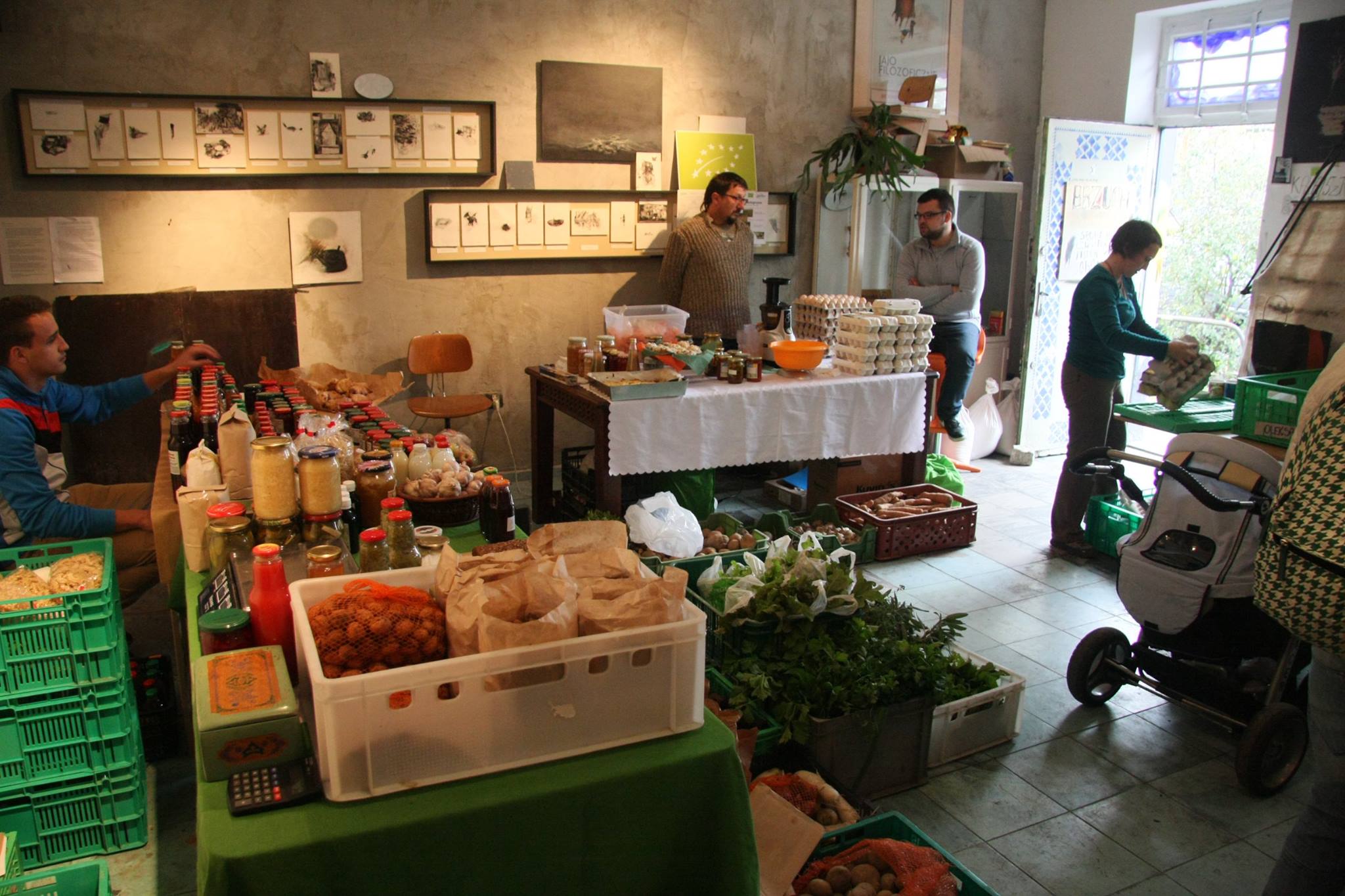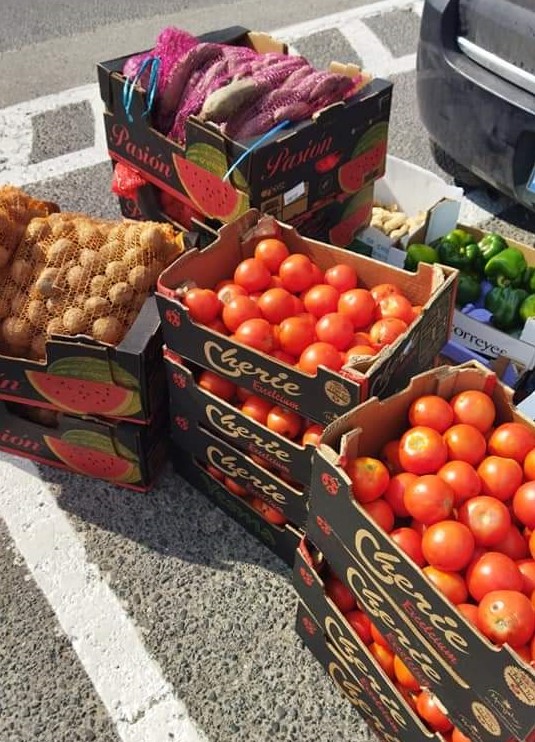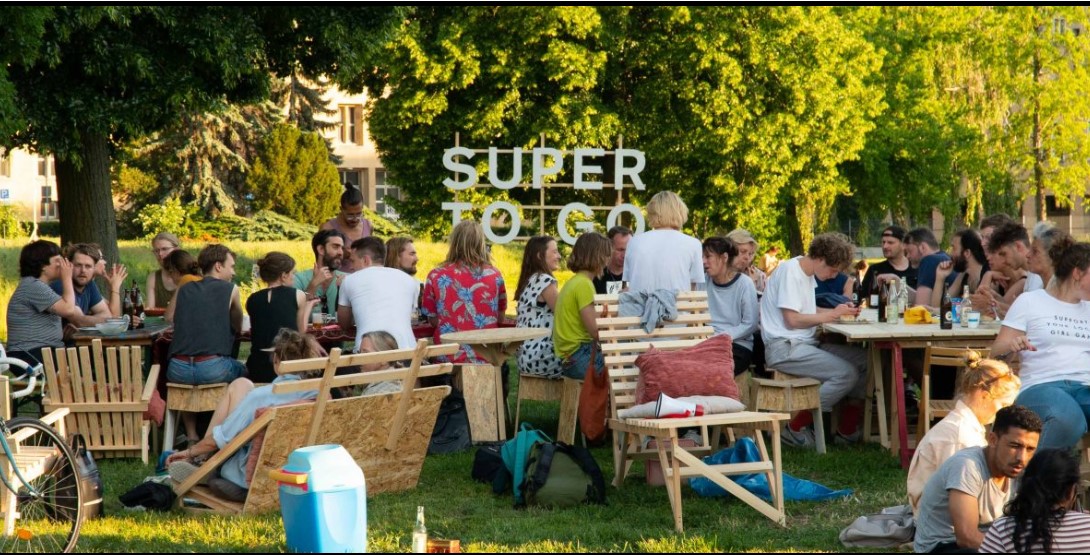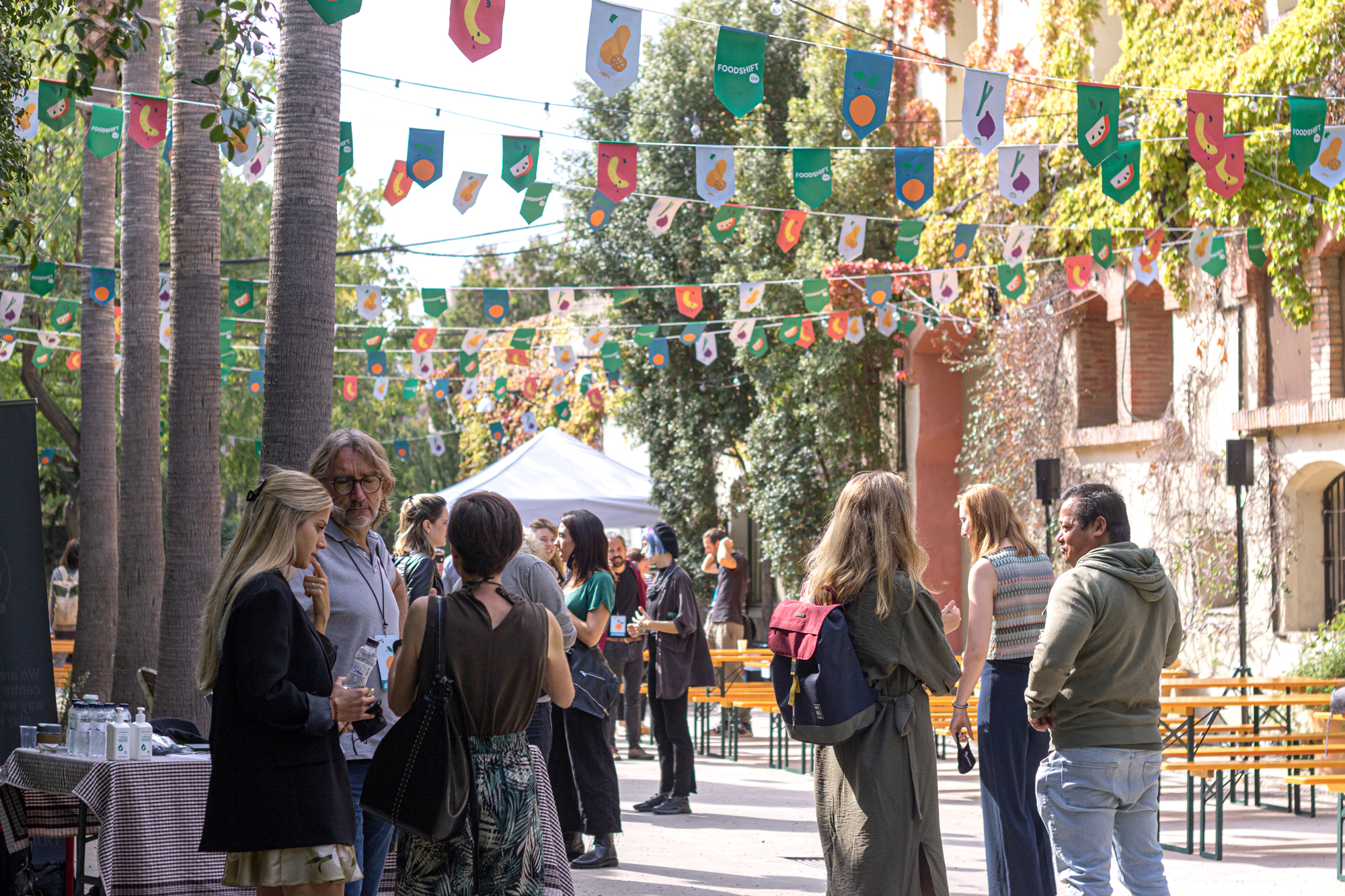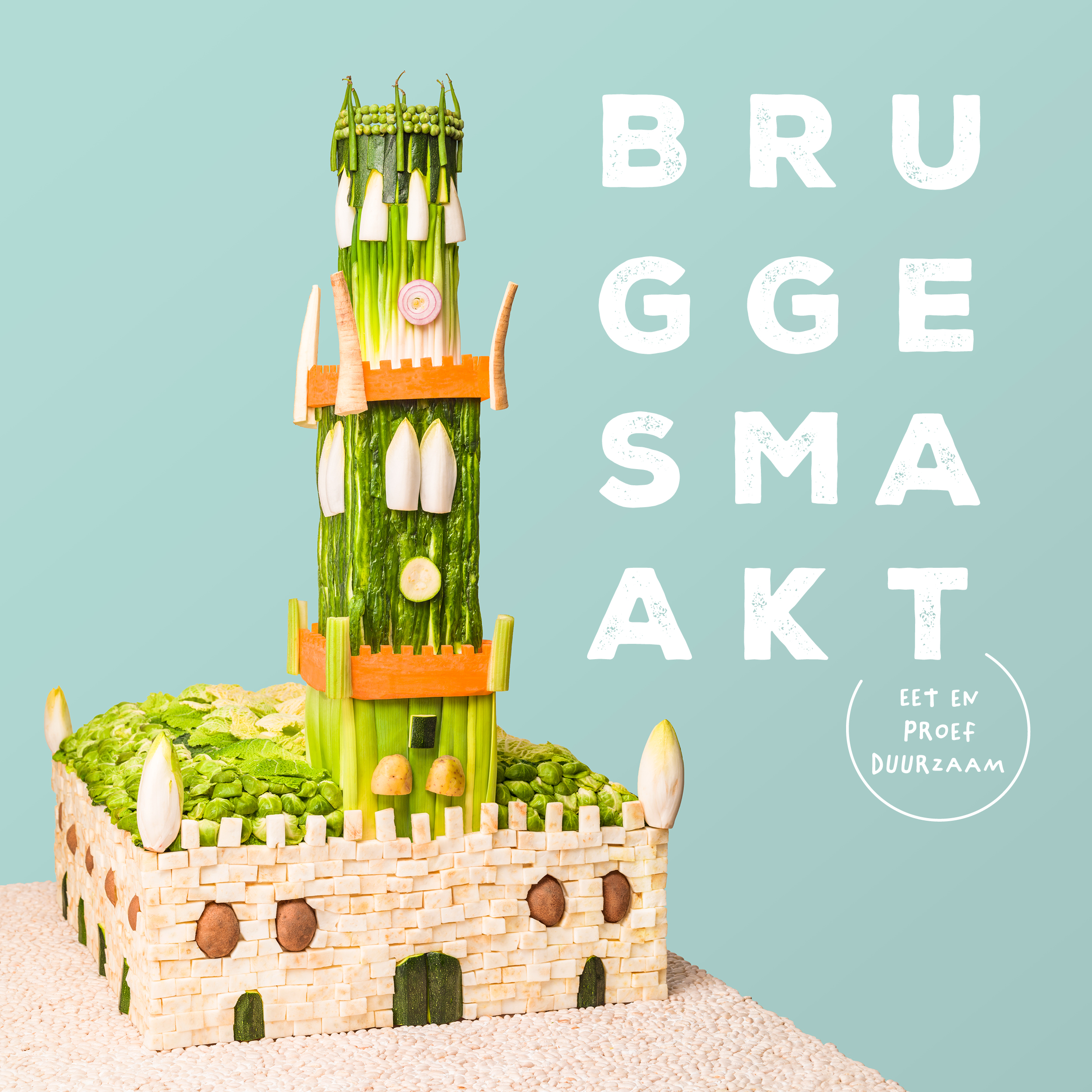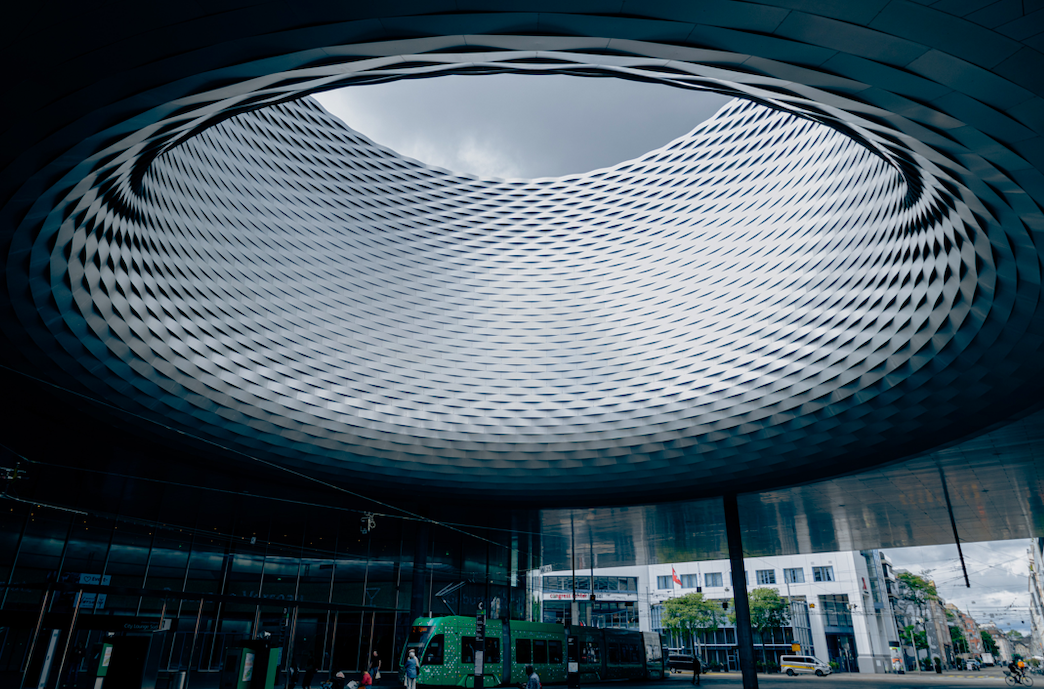Madfællesskabet
02 August 2022
Madfællesskabet
Copenhagen, Denmark
THE INNOVATION:
Madfællesskabet (The food community) strengthens the connection between the city and its hinterlands. In Madfælleskabet, a number of
municipal and regional partners have joined forces in a committed partnership that works to create a sustainable food system. Madfællesskabet is founded by the mayors of the municipality who still take part in the steering committee. The aim is to strengthen the links between country and city and support a diverse production of local food. In short: In Madfællesskabet, we want to fertilize the soil so that a more sustainable food system can grow. A system that supports economic, social and environmental sustainability in both country and city.
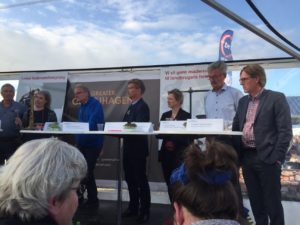
LOOKING AHEAD:
Madfællesskabet is now in the process of developing goals and strategies for the coming 5 years (maturing) and aims to increase it’s network, attracting more stakeholders that can contribute to a sustainable food system (upscaling).
More Information:
Website: www.madfaellesskabet.org
Contact Person: Pelle Andersen
Email: [email protected]
Info about the Innovators and the Innovation portraits Catalogue
FoodSHIFT 2030 aims to launch an ambitious citizen-driven transition of the European food system towards a low carbon circular future, including a shift to less meat and more plant based diets. This transition is necessary in order to address the pressing challenges for food and nutrition security, contribute to the EU commitment of reducing GHG emissions by at least 40% by 2030, and revitalize urban-rural linkages and partnerships.
To do so, it establishes FoodSHIFT Accelerator Labs for maturing, combining, upscaling and multiplying existing food system innovations across nine front-runner city-regions. In turn these innovations contribute to the FoodSHIFT vision.
An Innovation Catalogue called “Innovation Portraits” was created to snapshot each of the Food Innovations connected with each of the FoodSHIFT Accelerator Labs (FALs) across the 9 city regions.
Info about the Innovation Portraits Catalogue
The Innovation Catalogue will snapshot each of the Food Innovations connected with each of the FoodSHIFT Accelerator Labs (FALs) across the 9 city regions. Each FAL has a dedicated innovation focus and each chapter will present innovation cases from a particular FAL. For each of the innovations presented, a snapshot of the innovation concept and purpose will be given, alongside the key impacts the innovation has in relation to the FoodSHIFT Impact Pathways and the acceleration ambitions of the innovation.
In addition, each innovation portrait is also categorized according to its Innovation Dimension. These dimensions indicate what kind of innovation is being presented, and where in the value chain it plays a role. This is indicated by these tabs. The dimensions are defined as follows:
Product – Innovations in this category address new or updated products, including quality, safety and market impact.
Process – These innovations are relevant to new technologies for processing, logistical improvements, infrastructure and new/improved services.
Social – Innovations in this category are relevant to changes in behaviour (e.g. consumers/citizens), development of new relationships and inclusiveness.
Governance – The innovations address policy developments, including food planning, subsidies, taxing, certificates & labelling.
Learn more about all the Innovation portraits: https://foodshift2030.eu/meet-the-people-changing-your-food-system/
